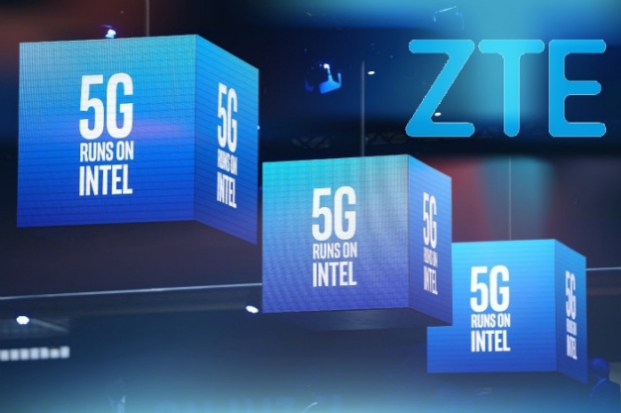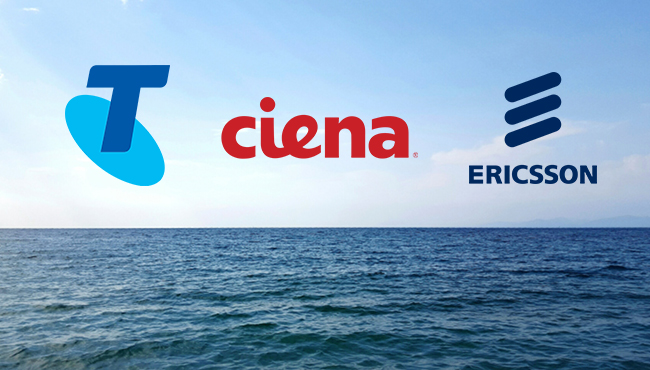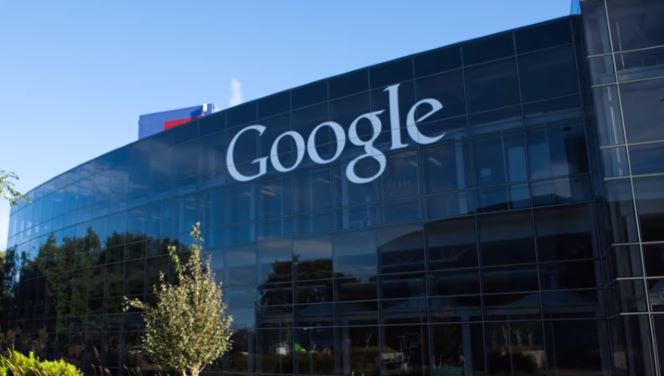Motorola Solutions has announced the acquisition of Avtec Inc., the top U.S. provider of advanced dispatch products for public safety and commercial customers. Additional details of the transaction, which closed on the 11th of March, were not released. Based in South Carolina, Avtec specializes in voice over internet protocol (VoIP) dispatch services using land mobile radio (LMR) and broadband networks. The company offers solutions and products that enable customers, including airlines, railroads and energy companies, to connect their personnel in operations centers with workers in the field using two-way radios. Motorola Solutions, a global leader in mission-critical communications, has been reselling the Avtec consoles to its MOTOTRBO customers. Accordingly, such an acquisition will provide Motorola with a complete product portfolio for handling the communications that are vital to Digital Mobile Radio (DMR) users. Motorola currently offers its own MCC line of dispatch consoles to its Project 25 (P25)…
ZTE Corporation and Intel have jointly launched the Light Cloud platform for access networks at the 5G Summit being held at Mobile World Congress 2019 in Barcelona. The Light Cloud solution is based on Intel’s innovative Edge products, impeccably integrated into ZTE’s flagship optical fiber access platform, Titan, thus merging Multi-access Edge Computing (MEC) and Network function virtualization (NFVI). The solution employs lightweight blade servers equipped with Intel Xeon D processors. When embedded in an OLT or BRAS device, the blade servers transform it into lightweight cloud infrastructure, thus reducing high capital costs and making a positive environmental impact. The infrastructure opens up computing and storage possibilities based on telecom access equipment, and allows the deployment and distribution of application-sensitive services. The access layer with cloud features is supported by built-in blade servers, and facilitates the ability to offer a wide range of cloud applications and services, including…
The global organization representing the interests of mobile network operators, GSMA, has called for European governments to “safeguard network security and competition” in the telecommunications infrastructure industry. The association has issued a warning to Europe to refrain from activities that would obstruct the use of certain equipment necessary for 5G mobile network development. According to the GSMA, “Actions that disrupt the equipment supply for the various segments of the network (access, transport and core) will increase costs to European operators, businesses and citizens; delay 5G deployment by years across Europe and potentially also jeopardise the functioning of existing 4G networks upon which 5G is intended to be built.” Although no specific company names are mentioned in the statement, the GSMA initiative highlights the industry’s significant endeavor to prevent the application of additional sanctions, similar to those announced by the United States and Australian governments on Chinese vendors Huawei…
VoIP has become an integral part of the day-to-day lives of many people throughout the world, offering a plethora of technological advancements and options, simplifying many communication processes and making interactions more convenient and consumer friendly. VoIP is one of the most talked-about technologies, and its prevalence is anticipated to grow in the upcoming years. Over the last twenty years, VoIP has provided businesses around the world with the convenience of increased mobility, due to constant development and emerging cutting-edge technologies. The usage of VoIP as a service has grown rapidly – between 1998 and 2002, VoIP carried only 1-3% of all voice calls worldwide, but in 2005, VoIP was responsible for more than 200 billion call minutes. With 2019 already underway, let’s have a look at what the future holds for the VoIP communications industry. In particular, we examine the insights and predictions regarding the trends and technologies that will…
Telstra, the largest Australian telecommunication company, has announced the launch of a new rapid restoration service for one of its busiest subsea cable routes in Asia. The company has joined forces with Ericsson and Ciena to ensure that their customers stay continuously connected. The solution offers carriers and cloud service providers increased network visibility, flexibility and reliable data access. Nadya Melic, Telstra’s head of Connectivity and Platforms, said the new service is now available on three of its intra-Asia routes, following the successful tests carried out in December 2018. “The Asian region presents one of the most challenging environments for subsea cable systems. Busy and shallow shipping ports in Hong Kong and Singapore, high-levels of fishing activity and an ecosystem prone to natural disasters, all threaten to disrupt or damage underwater infrastructure,” said Melic. The new rapid restoration service on the subsea network will be provided using…
The networking and telecommunications company Ericsson and Germany’s largest network provider Deutsche Telekom, have announced that together they are the first to successfully demonstrate a wireless transmission on the mmWave spectrum, that can transfer data four times faster than currently existing services. The achievement of the data transmission rate of 40 Gbps with a latency of under 100 microseconds is a considerable advancement towards the fulfilment of stringent latency requirements of 5G, and the anticipated 100 Gbps backhaul networking. Per Narvinger, Head of Product Area Networks, Ericsson, said: “Microwave continues to be a key technology for mobile transport by supporting the capacity and latency requirements of 4G and future 5G networks. Our joint innovation project shows that higher capacity microwave backhaul will be an important enabler of high-quality mobile broadband services when 5G becomes a commercial reality.” A backhaul is an intermediate link between the core network and…
The abbreviation API stands for Application Programming Interface, a phrase which is not particularly self-explanatory to those who have not yet had the chance to delve into the world of APIs. voip.review will provide a concise and easy to understand explanation of APIs for you. Basically, an API is a software-to-software interface that allows different computer systems and applications to communicate and share information, according to a set of rules embedded in the API. To put it another way, the API is a Programming Interface for developing Applications. The provider of the API publishes a set of rules defining how third party software programs should interact with their piece of software, listing a bunch of operations that developers can use, along with a description of what each operation will achieve. APIs deliver tremendous advantages to the technology industry, mainly because they allow for the rapid development of software products using…
In compliance with Europe’s General Data Protection Regulation (GDPR) which came into force earlier this year, Google is updating its Terms of Service and Privacy Policy. The company has started to notify European Economic Area (EEA) and Swiss users about the changes coming into effect on January 22, 2019. Google Ireland Limited, based in Dublin, will become the center responsible for consumer services, such as Search, Gmail, and Maps. The alterations to Google’s general Terms of Service are due to the replacement of the current service provider, Google LLC, based in the US. Similar changes are also being made in separate terms for Drive, Play, YouTube, and YouTube Paid Service. Furthermore, the Irish subsidiary will take over the responsibility for data control, and assume the legal liability for the information of EEA and Swiss users. “Google Ireland Limited becomes responsible for responding to requests for its user data, including from EU law…
A cloud-hosted, VoIP-powered PBX is an attractive and preferred option for a modern business telephone service. It is extremely cost effective, available for use anytime and almost anywhere, and requires none of the hardware investment that traditional on-premises systems needed in the past. With maturing technology and the desired convenience in business communication, now is the right time for change. Switching to a hosted private branch exchange (PBX) may sound complicated, however a well-thought-out transformational process can be smooth and hassle-free. Let’s discuss the main points to consider when moving from a traditional voice system to a cloud PBX. PBX systems – traditional vs virtual To begin with, it is important to understand the main differences between a traditional PBX and a cloud PBX. A legacy PBX is an enterprise phone system stored and hosted on the customer’s premises, and consists of specialized hardware, generally connected using circuit switched networks.…
Oculeus, an innovative telecommunications software provider from Germany, has announced the launch of a cloud-based fraud protection service. The new solution, branded with the name Oculeus-Protect, is designed to meet the growing needs for security in the enterprise telecoms industry. The new fraud protection service is supported by the company’s regional cloud environment, and is currently available throughout Europe, and North and South America. The software provider defines the new service as “a real-time telecoms fraud protection service that provides enterprises an intelligent and automated framework to efficiently prevent false charges resulting from unauthorized usage of enterprise telecommunication channels by cybercriminals and other perpetrators of telecom fraud”. They claim that the software is able of block fraudulent telecommunications traffic within milliseconds, and have positioned the service to be totally independent of user’s telecommunications service provider. “There is a clear and definite need for our new telecoms fraud protection service,”…













